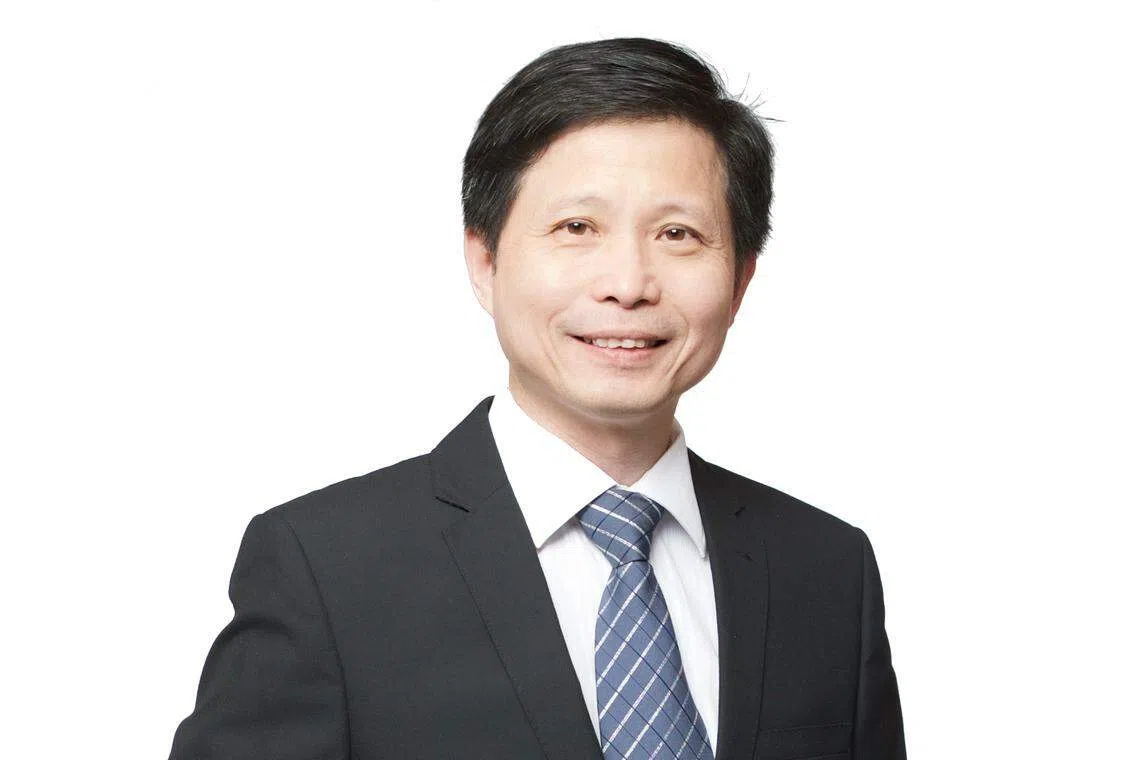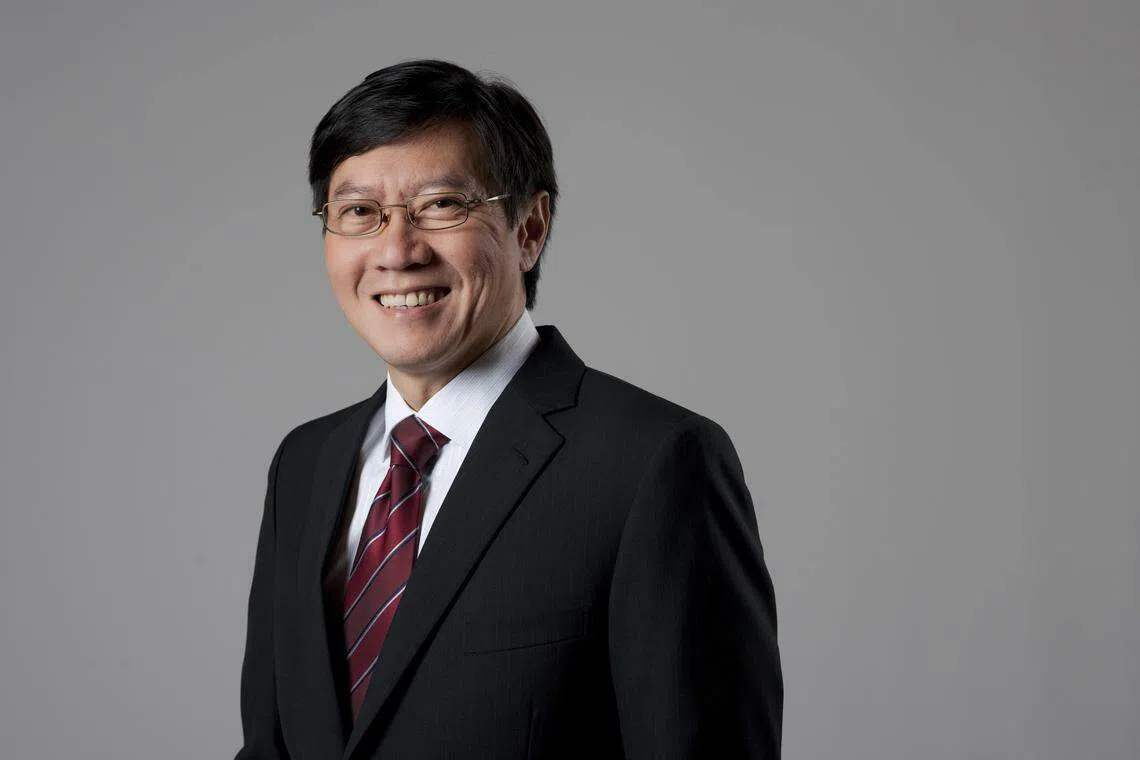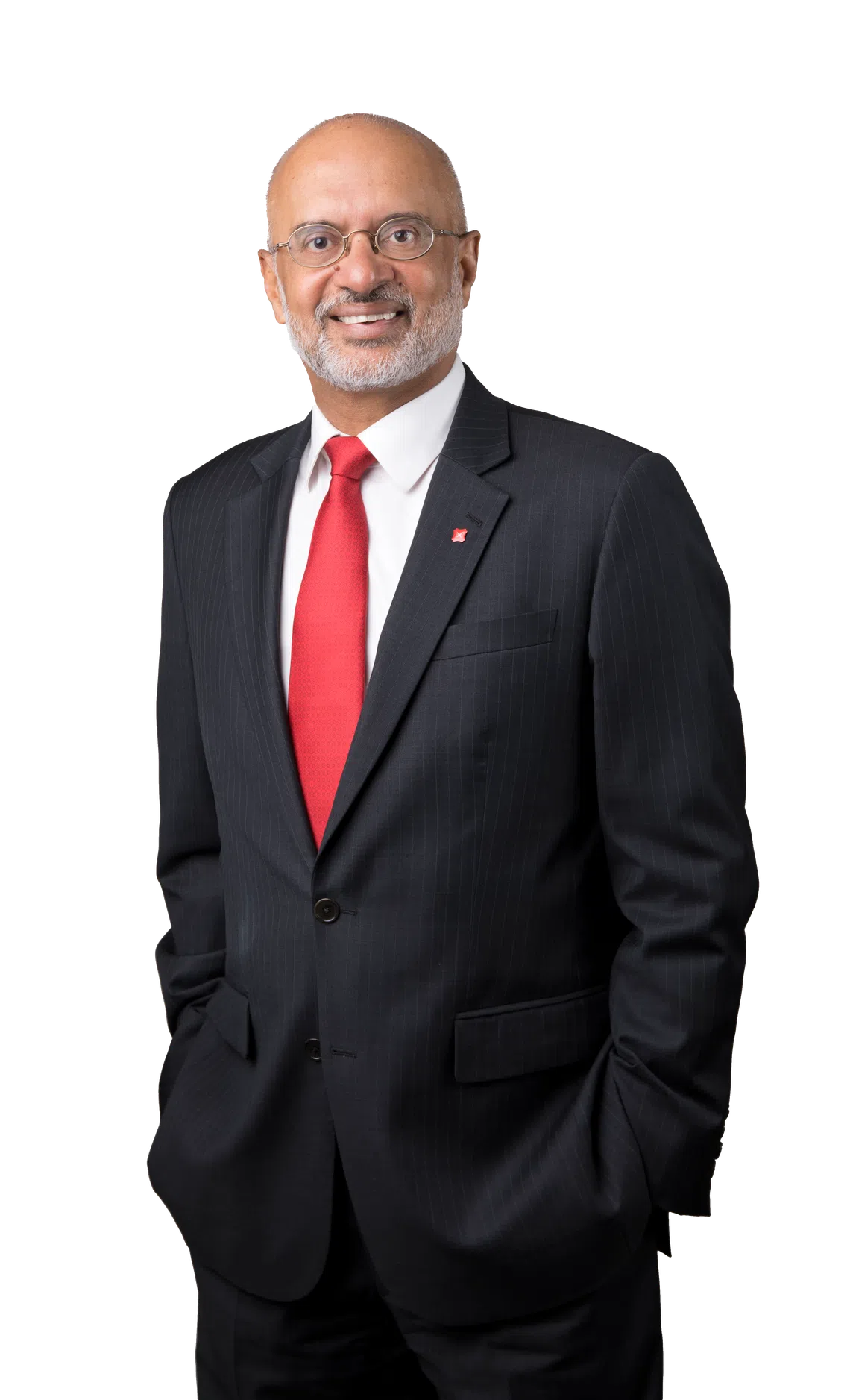Thriving in the face of complexity
Winners of this year’s Singapore Corporate Governance Award are navigating a more stringent regulatory environment
ROUNDTABLE PANELLISTS:
Kong Chee Min, CEO, Centurion Corporation
Gerald Lee, CEO, Far East Hospitality Trust
Piyush Gupta, CEO, DBS
Moderator: Francis Kan
What would you say is the biggest obstacle in corporate governance for your organisation?
Kong Chee Min: At Centurion, the board and management share the belief in and demand for high standards of governance, accountability and transparency. Part of that includes continuing efforts to stay abreast of evolving regulatory requirements, and also of the social compact that a company like ours, in the global specialised accommodation business, carries with our stakeholders, encompassing our talent, investors, customers, business partners and the communities we live in.
Increasingly, we find that care and concern for our environmental impact is an integral part of responsible corporate governance, and we need to permeate that consciousness into all aspects of our organisation, business strategies and operations.
Gerald Lee: Keeping abreast of the latest regulatory changes and best practices, and carrying out internal reviews require time and resources. If we do not consciously make a commitment, our attention and priorities will be on many other pressing issues. With full support from our board and management team, we have been able to strike a good balance and devote sufficient attention for reviewing and improving various aspects of our corporate governance.
Piyush Gupta: In the near term, our board has to navigate an increasingly complex and volatile environment, including ongoing geopolitical tensions and heightened focus on sustainability, and the consequential impact that this would have on the financial markets and our operating environment. Financial institutions additionally face challenges arising from technology, such as having to keep up with technological advancements, ensure resiliency of services and the need to do their proportionate part to protect customers from scams.
A NEWSLETTER FOR YOU

ESG Insights
An exclusive weekly report on the latest environmental, social and governance issues.
At the same time, our board needs to consider the key priorities through which DBS can be best positioned to continue to create value for the long term. These would include harnessing growth in our key markets, such as through our acquisition of a consumer portfolio in Taiwan, and enabling the shift to net zero. While I would not characterise it as an “obstacle”, finding the right balance between delivering short-term results and investing for the long term is not trivial.

What steps has your company taken to address these governance issues?
Kong: Our directors and management stay up to date on developments in environmental issues, policies and goals. We have begun to incorporate environmental considerations into our planning, management and business operations, including taking steps to include such considerations in board and management compensation.
A Sustainability Steering Committee was formed in 2022, comprising senior and middle managers across strategic and functional areas of our organisation, to assess and map actions we should take in our environmental, social and governance (ESG) journey. Workgroups have embarked on initiatives to address environmental sustainability, social impact and governance. Developments are monitored by our Board Audit Sub-Committee. We will also make efforts towards broadening our sustainability reporting, to provide greater transparency in more material areas to our stakeholders.
Lee: We regularly update the board on the latest regulatory requirements. In instances where a gap is identified, we will assess the potential implications for the board to consider before deciding on the necessary changes and implementation.
Gupta: We have continued our efforts to enhance the diversity, gender mix, skill sets and experience of the board to ensure that it is appropriately balanced to support the long-term success of DBS. In 2022, we formed a dedicated Board Sustainability Committee and appointed an internationally-recognised sustainable finance expert as a non-director member to add valuable expertise and fresh perspectives. More recently, our Board Risk Management Committee has also formed a sub-committee to focus specifically on technology risk (including cybersecurity) which is supplemented with external subject matter experts to further augment the technical expertise level.
To stay ahead of the curve, our board spent considerable time deliberating on areas such as the implications of generative artificial intelligence, the opportunities and challenges posed by the energy transition and the sustainability/climate agenda. We also ensure that the topics covered as part of the continuous development programme for board members are carefully curated and address the needs of the organisation.

In what ways have sound corporate governance measures benefited your organisation?
Kong: Centurion believes that strong corporate governance, accountability and transparency are essential foundations for the company to build a sustainable business, win stakeholders’ trust and deliver long-term value for our shareholders. Our commitment to these values is affirmed by the continued trust and relationships we enjoy with our stakeholders.
Lee: We believe that strong corporate governance helps lay a firm foundation for the organisation, allowing management to steward the business in a responsible manner for the benefit of our investors and stakeholders. It also helps to bolster their confidence in the organisation. At Far East Hospitality Trust, we believe that both financial performance and strong corporate governance go hand-in-hand in building a sustainable business for the long run.
Gupta: Strong corporate governance is crucial for financial institutions, considering the role they play in the economy. It allows us to remain as an important and trusted player in the financial ecosystem – and only companies which are trusted will be sustainable for the long term. By managing our business in a balanced and responsible way, we can create value and build trust for the long term for all our stakeholders, including investors, customers, employees as well as the wider community. It also ensures ongoing accountability and alignment with their interests and priorities.
Looking ahead, how do you plan to maintain and improve your level of governance?
Kong: We recognise that these values need to be nurtured within the company, and we regularly review our safeguards, controls and processes for enhancing our progress across the impact areas of Governance, Social and Environment. Further, people are at the heart of our social compact, and we consider and engage our communities in our decisions and actions.
Lee: We will continue to keep abreast of the latest regulatory changes, benchmark ourselves against other leading companies to adopt best practices, and uphold the highest level of corporate governance.
Gupta: Our board continues to periodically review our corporate governance framework, business objectives and strategies to ensure that these remain relevant and effective. It is important to stay nimble and adaptable in these uncertain times considering the ever-changing macroeconomic environment, along with an increasing focus on material ESG matters.
At the same time, the basic foundations of strong governance, including effective internal controls, strong risk management capabilities, a robust risk culture, ongoing adherence to the code of conduct and having the board and senior management set the tone from the top, must continue to anchor the organisation.

More broadly, how would you rate the state of corporate governance among companies in Singapore?
Lee: The standards of corporate governance among publicly listed companies have improved over the past 10 years. This is due to concerted efforts by organisations such as SGX, Singapore Institute of Directors, NUS Centre For Governance and Sustainability, and Securities Investors Association (Singapore), which have highlighted the importance of corporate governance, allowing companies to gain better sense of their own strengths and weaknesses. Moving ahead, an area of growing importance will be the disclosure of ESG practices which include climate-related disclosures.
Gupta: Financial institutions in Singapore are already subject to higher corporate governance standards established by the Monetary Authority of Singapore to take into account the unique characteristics of the banking business, the diverse and complex risks undertaken by financial institutions, as well as their responsibilities to depositors and other customers.
We do see the rest of Singapore Inc continuing to improve their corporate governance practices and, in some cases, aligning these with those applicable to financial institutions. For example, in the areas of board renewal and remuneration disclosure, SGX-listed companies are now required to comply with the nine-year tenure limit for independent directors and disclose exact remuneration for the CEO and directors. These are already practised by banks.
KEYWORDS IN THIS ARTICLE
BT is now on Telegram!
For daily updates on weekdays and specially selected content for the weekend. Subscribe to t.me/BizTimes
Companies & Markets
Singapore stocks end week in red; STI down 0.1%
UK's FTSE 100 hits record highs on Anglo-American boost
Holiday Inn owner IHG’s Q1 revenue up 2.6%, leisure travel demand remains strong
SocGen Q1 profit slumps less than expected as investment bank surprises
WSJ moves Asia headquarters from Hong Kong to Singapore
Macquarie sees biggest profit dip in 15 years on commodities downturn
